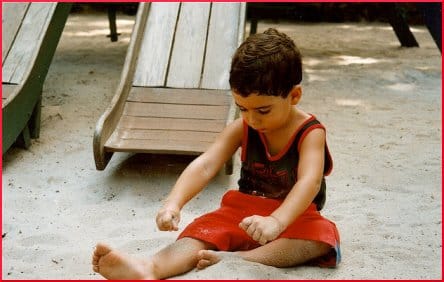
Disclaimer: Yesterday’s weird ideas sometimes turn out to be today’s brilliant breakthroughs. Today’s unlikely conjectures may be tomorrow’s world-saving innovations. Or not. Sometimes it is hard to tell. But in such a desperate situation as a worldwide epidemic of obesity that affects adults, children, and domestic animals, it may prove difficult to turn a deaf ear to even the wildest suppositions.
Many will recall the 2005 publication of a challenging book called Freakonomics, co-authored by Steven D. Levitt and Stephen J. Dubner, who collaborated again recently. Levitt runs The Greatest Good, a consulting firm which the Robert Wood Johnson Foundation chose to organize a meeting in Princeton of some of the best and brightest, so they could discuss childhood obesity. Dubner, the moderator, was quoted by the transcript as saying:
The only rule was that no idea was off-limits — no matter how absurd or politically incorrect or repugnant it might seem.
Suggestions were made that, if implemented, would surely anger a large percentage of the population. Placing unhealthful foods in the back of a store is an idea that would not be welcomed by either retailers or the public. Former surgeon Peter Attia suggested the total abolition of high fructose corn syrup.
Steven Gortmaker, a public health expert from Harvard, suggested focusing on the behaviors and environments that we want to change, which is applicable advice in any situation. One thing he specifically has in mind is to eliminate the tax deduction that allows businesses to claim marketing to children as a legitimate business expense.
Kelly Brownell of Yale University made an even more radical suggestion:
In the spirit of completely impractical things, I would want to get rid of marketing of any product to any human being… [W]hat I would do would be to sequester it out there somewhere so that people could voluntarily go find it. It’s opt in marketing.
Chris Economos, who brought from Tufts University her expertise in childhood nutrition and obesity, suggested more accountability for the educational system, and for parents, who could be “incentivized” by benefits from insurance companies, employers, or the government. She referenced a national survey she was involved with, which sought the opinions of children about obesity.
Of course, Dr. Pretlow pioneered this approach with the Weigh2Rock website, giving kids a place to vent about their deepest thoughts and feelings. The project Economos worked on yielded some surprises about obese kids, including that:
[…] they worry about everything more, not only being overweight, but their grades, getting in a car accident, not having money.
There was talk of changing the whole approach from a weight issue to a malnutrition issue. Panelist Brian Mullaney made a supposition about the “fat letters” that some children have received from their schools:
‘Is your child suffering from metabolic derangement?’ [Y]ou’re going to read that. ‘Is your kid fat?’ goes right in the trash.
Your responses and feedback are welcome!
Source: “100 Ways to Fight Obesity: A New Freakonomics Radio Podcast,” Freakonomics.com, 03/27/13
Source: “100 Ways to Fight Obesity: Full Transcript,” Freakonomics.com, 03/27/2013
Image by Carine fel (Carine Felgueiras).

 FAQs and Media Requests:
FAQs and Media Requests: 











